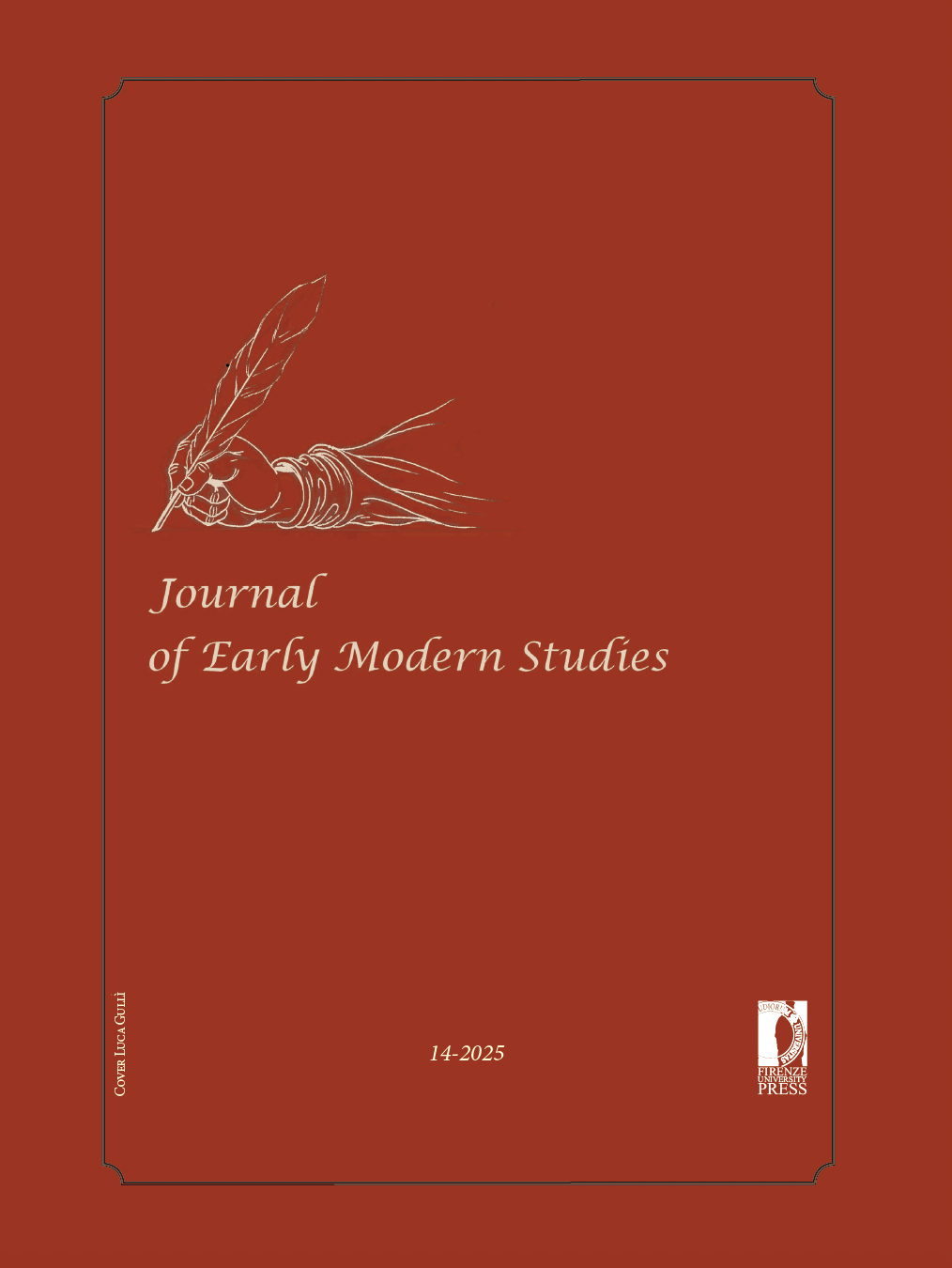Published 2025-07-01
Keywords
- Cultural History,
- Institutional History,
- Libraries,
- Provenance,
- Slavery
How to Cite
Copyright (c) 2025 Alice Wickenden

This work is licensed under a Creative Commons Attribution 4.0 International License.
Abstract
The article discusses the relationship between slavery and cultural history within institutional rare book collections. Beginning with an overview of the media controversy which was caused by the British Library’s publication of an internal document that noted Ted Hughes’ slave-owning ancestors, it argues that the current approach to these questions which have been developed in museum studies are not sufficient when it comes to thinking about libraries. Taking the two examples of Hans Sloane and John Bellingham-Inglis from the British Library as primary case studies, it explores the institutional framing of their ownership of enslaved people. It then moves to an examination of some of the material impacts of provenance, particularly in Bellingham-Inglis’ physical dismantling of his books. By drawing on the twin ideas of ‘bookwork’ (Whitney Trettien) and ‘griefwork’ (Jennifer Scuro), the article argues that the future of provenance studies is an affective one. It argues for the benefits of a provenance research which actively considers ethical and political questions to be material forces with impact on our work.

